Doro Wat (Spicy Ethiopian Chicken Stew)
This post may contain affiliate links. See my disclosure policy.
There is a reason why Doro Wat is the national dish of Ethiopia and one of the most famous of all African dishes – it’s fabulous! This authentic Doro Wat recipe captures the very best of Ethiopian cooking!
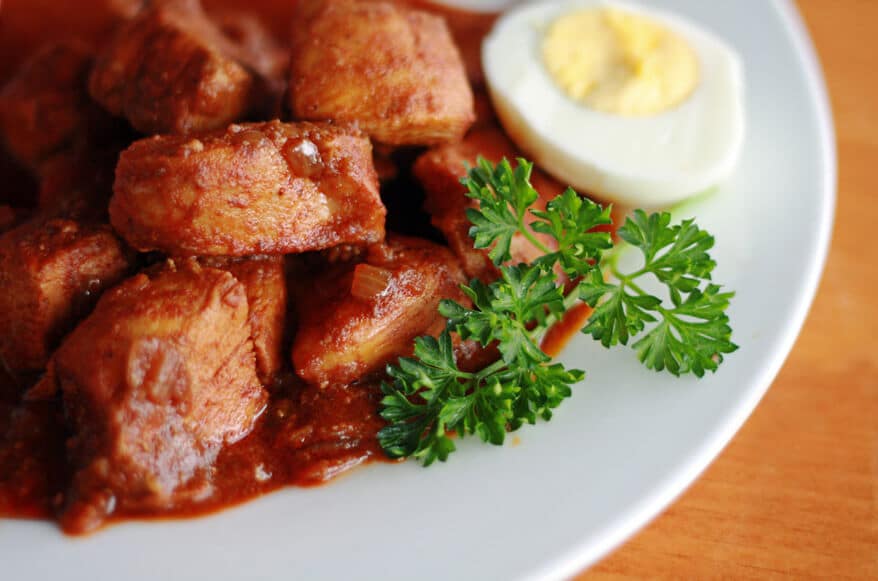
Doro Wat is one of the most famous of all African dishes. You will find it in every Ethiopian restaurant and virtually anyone who is familiar with African cuisine will have heard of it. Another version, though not as commonly known here, is Sega Wat, made with beef (fyi, you’ll find recipes online calling it Sik Sik Wat, but I’ve confirmed with the chefs of several Ethiopian restaurants that it’s Sega Wat). You can directly substitute beef for chicken and follow the same cooking instructions.
Doro Wat is traditionally made very spicy. Super spicy. Like I-don’t-know-how-Ethiopians-have-any-taste-buds-left spicy. Western adaptations are still spicy, but quite tame compared to the real deal.
Traditionally Doro Wat is served with an Ethiopian flatbread called injera. It’s kind of a spongy pancake made with teff flour (a grain indigenous to the area), and the batter is left to ferment for up to 4 days before its used. The injera is used in place of an eating utensil and is used to scoop up the chicken stew.
This recipe for Doro Wat comes by way of request from Jared (Make a Request!). He said he has been trying for several years to find a good recipe. Jared, this recipe is both authentic and delicious – I think you’ll be very happy with it!
The key to authentic, great-tasting Doro Wat is good quality, flavorful berbere, and a very long cooking process. It can take several hours for an Ethiopian to make Doro Wat. You can cut back on the cooking time and your Doro Wat will still taste good, but it won’t taste like it’s supposed to. The magic is in the slow-cooked onions. And it takes time for the magic to happen.
A central ingredient of Doro Wat is Berbere, a fiery, bright red and flavorful Ethiopian spice blend. It is best made fresh using whole spices that are toasted and ground for maximum flavor. A combination of whole and ground spices are used as seen in the picture below.
The whole spices are toasted and ground up with the already ground spices to make a beautiful, aromatic, flavorful and spicy seasoning blend.
Purchasing these spices will serve you well as each of them are commonly used in a large variety of other cuisines. Stored in airtight glass jars in a dark place, they will keep a very long time. If you’d rather purchase berbere, you can find it online. You need 1/4-1/3 cup for this recipe alone, so forget the tiny 2-3 oz jars of it you usually find for sale. The best deal I’ve found for bulk berbere (and it also happens to be organic and a reputable brand) can be found HERE.
Berbere makes a great rub for meat, poultry, and fish, as well as a seasoning for stews, soups, and vegetables. It’s a great all-purpose spice, so you’ll be able to make good use of this bulk package if you decide to buy versus make your own.
So now that you’re equipped with Ethiopian berbere and authentic Ethiopian injera, you’re ready to make Doro Wat!
Doro Wat Recipe
Let’s get started!
Use a food processor to very finely mince the onion – you want an almost chunky puree.
Heat 2 tablespoons of oil and 2 tablespoons of niter kibbeh in a Dutch oven (I use and love Lodge) and saute the onion, covered, over low heat for 45 minutes, stirring occasionally. Add more niter kibbeh if it gets too dry.
In the meantime, finely mince the garlic and ginger.
Add the garlic, ginger, and 1 tablespoon of butter. Continue to saute, covered, over low heat for another 20 minutes, stirring occasionally.
Add 4 tablespoons of berbere and 2 teaspoons salt and stir to combine.
Add 2 tablespoons of butter, cover, and simmer over low heat for another 30 minutes, stirring occasionally.
After 30 minutes you’ll have a rich and luscious sauce that’s ready for the chicken!
Traditionally, bone-in, skin-on chicken pieces are used. You can either use chicken thighs, cut into 1 inch chunks, or use boneless chicken breast. I used breast this time. Cut the breast into small, 1/2 inch chunks. Place the chunks in a dish with 2 tablespoons lemon juice and let sit at least 15 minutes.
Add the chicken to the sauce.
Traditionally, Tej is used, an Ethiopian honey wine. As a substitute we’re going to use white wine with a teaspoon of honey.
Add the chicken stock, salt and honey wine to the mixture. Bring to a boil, reduce the heat to low, cover, and simmer for 45 minutes, stirring occasionally.
In the meantime, boil the eggs. Once the eggs have cooled enough to handle, peel and pierce them all over with a fork, about 1/4 inch deep, to allow the sauce to penetrate.
After 45 minutes you’ll have a rich, luscious spicy chicken stew ready for the eggs!
Add the eggs and continue to simmer, covered, over low heat for 15 minutes, stirring occasionally. Adjust the seasonings according to taste. Add more berbere according to heat preference.
Serve with Authentic Injera (Ethiopian Flatbread).
Be sure to also try our authentic Sega Wat, the famous and incredibly delicious Ethiopian spicy beef stew!
Lastly, for an authentic Ethiopian side dish to serve with your doro wat, try our Gomen (Ethiopian Collard Greens)!
Save This Recipe
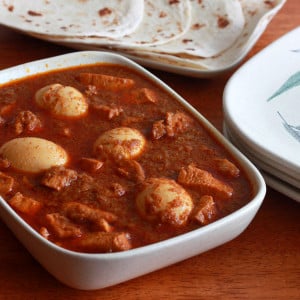
Doro Wat (Ethiopian Spiced Chicken)
Ingredients
- 3 lbs chicken thighs cut into 1 inch pieces, or 3 chicken breasts, cut into 1/2 inch pieces
- 2 tablespoons fresh lemon juice
- 2 tablespoons niter kibbeh
- 2 tablespoons extra virgin olive oil
- 3 cups yellow onions finely minced to a chunky puree in food processor
- 3 tablespoons butter
- 1 tablespoon finely minced garlic
- 1 tablespoon finely minced ginger
- 1/4 cup Ethiopian berbere
- or use HOMEMADE BERBERE (HIGHLY recommended!)
- 1 1/2 teaspoons salt
- 1/2 cup Tej Ethiopian honey wine, if you have it, or white wine mixed with 1 teaspoon honey
- 1 cup chicken stock
- 4 hard-boiled eggs pierced all over with fork about 1/4 inch deep
Instructions
- Place the chicken pieces in a bowl and pour lemon juice over. Let sit at room temperature for at least 30 minutes.
- Heat the niter kibbeh or butter along with the olive oil in a Dutch oven. Add the onions and saute, covered, over low heat for 45 minutes, stirring occasionally.
- Add the garlic, ginger, and 1 tablespoon butter and continue to saute, covered, for another 20 minutes, stirring occasionally.
- Add the berbere and the 2 remaining tablespoons of butter and saute, covered, over low heat for another 30 minutes, stirring occasionally.
- Add the chicken, broth, salt and wine and bring to a boil. Reduce the heat to low, cover, and simmer for 45 minutes, stirring occasionally.
- Adjust the seasonings, adding more berbere according to heat preference. Add the boiled eggs and simmer on low heat, covered, for another 15 minutes.
- Half or quarter the eggs and arrange on the plates with the stew. Serve hot with injera, bread or rice.
Nutrition

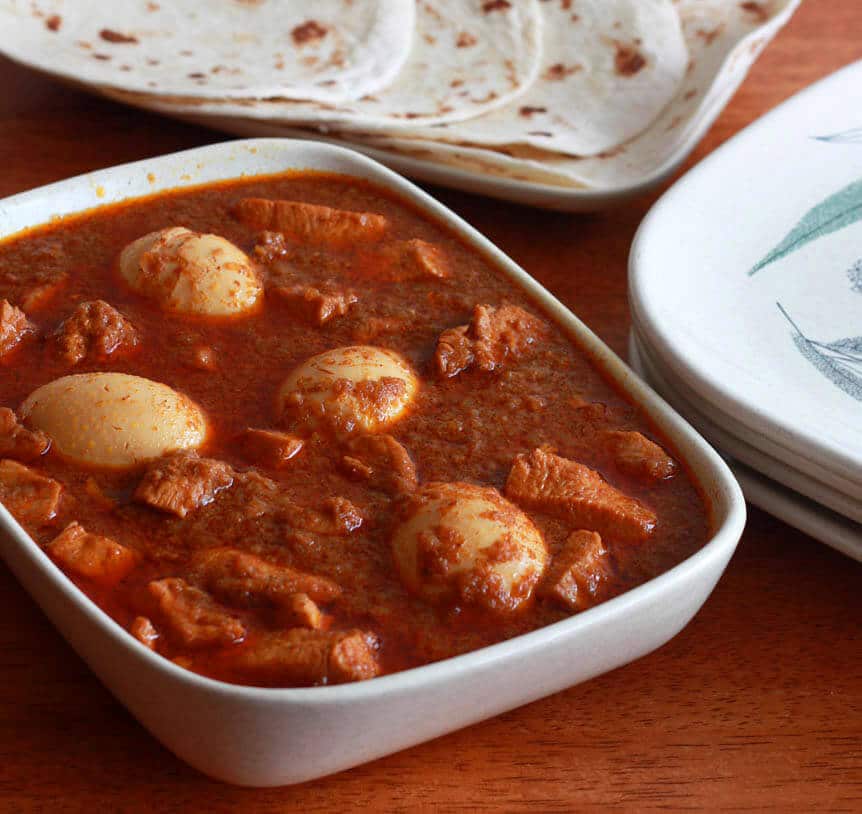
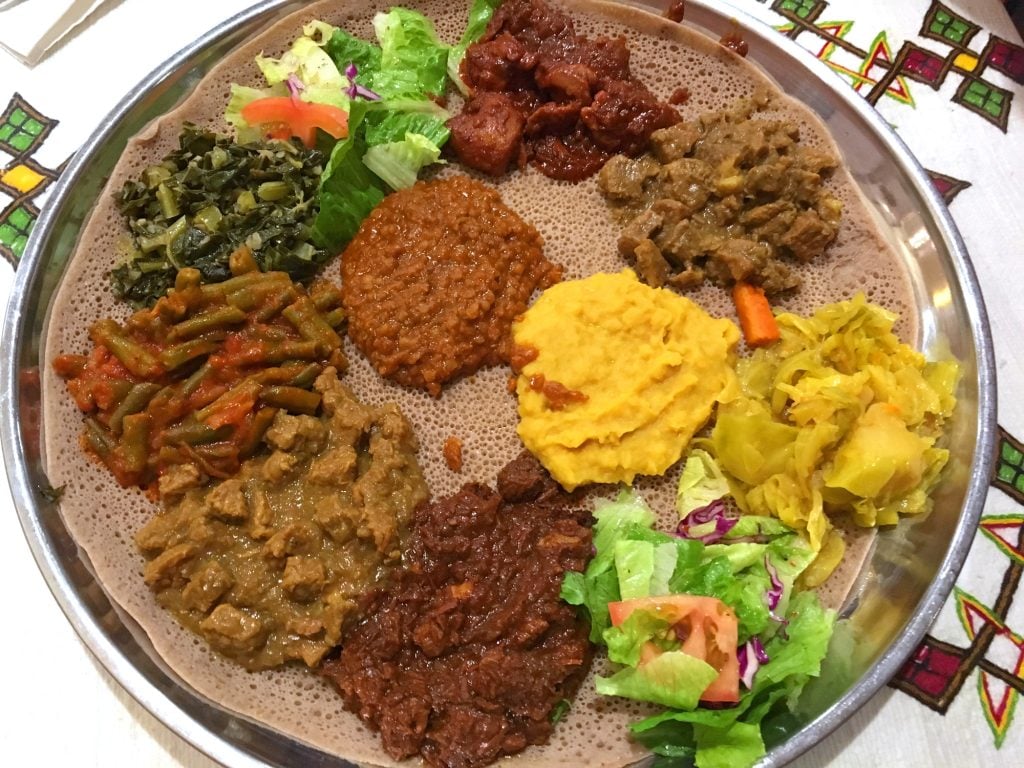
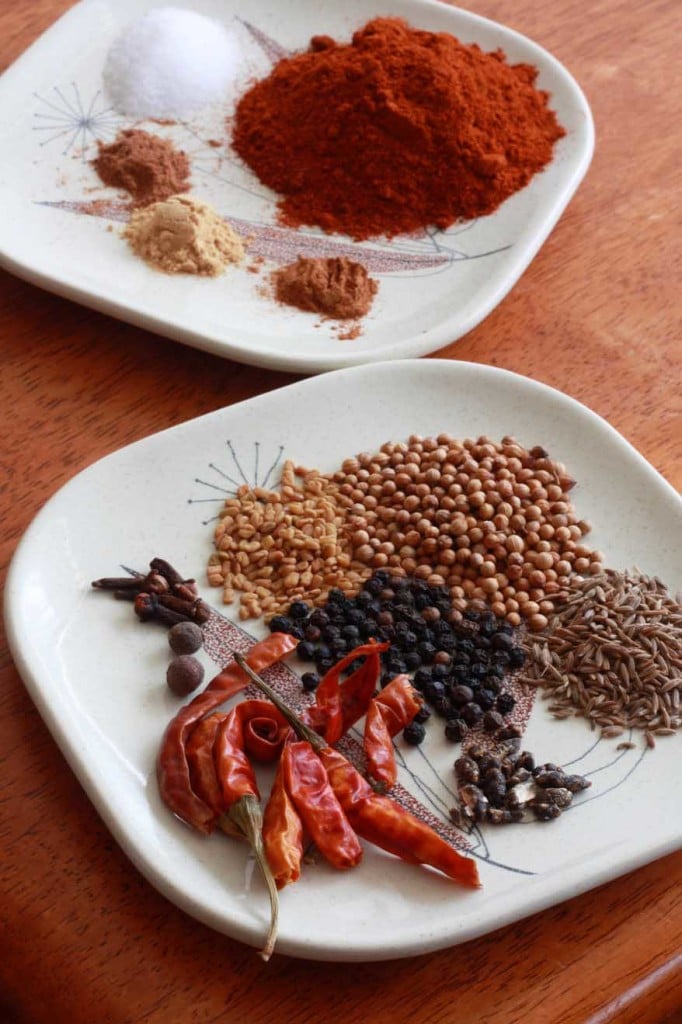
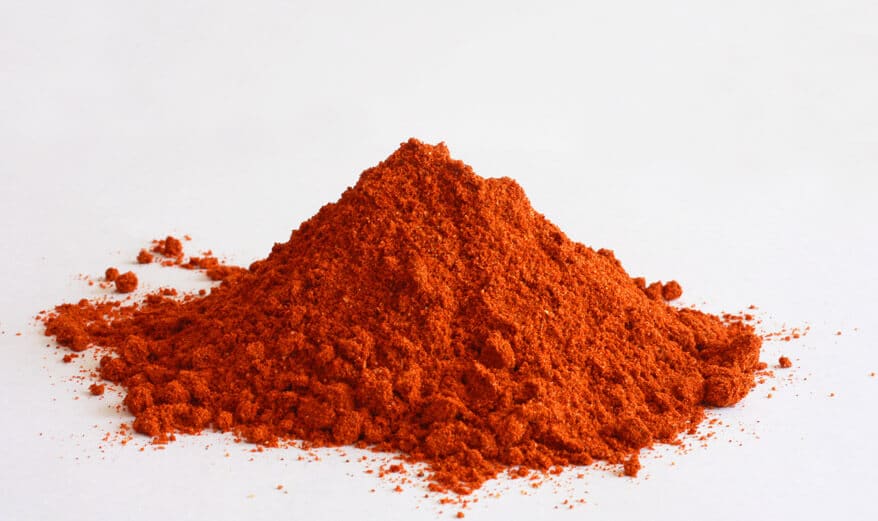
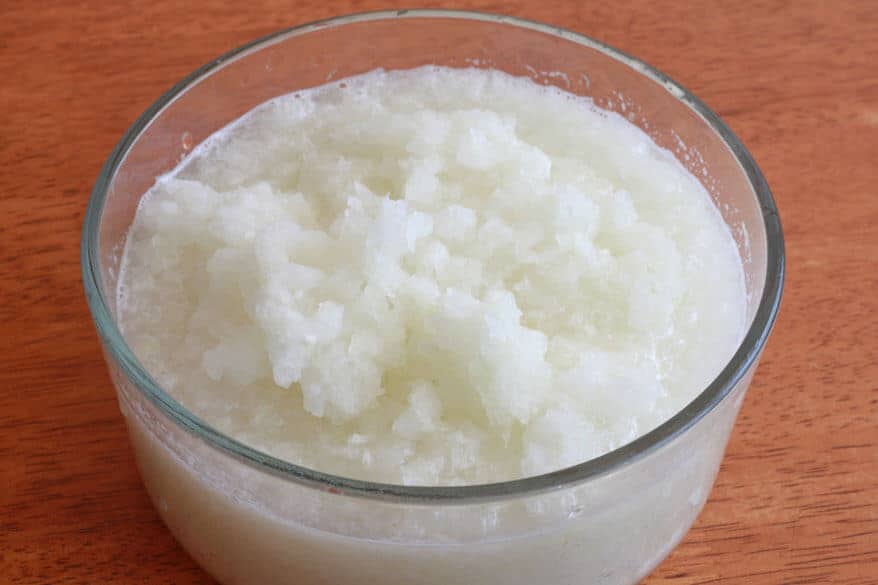
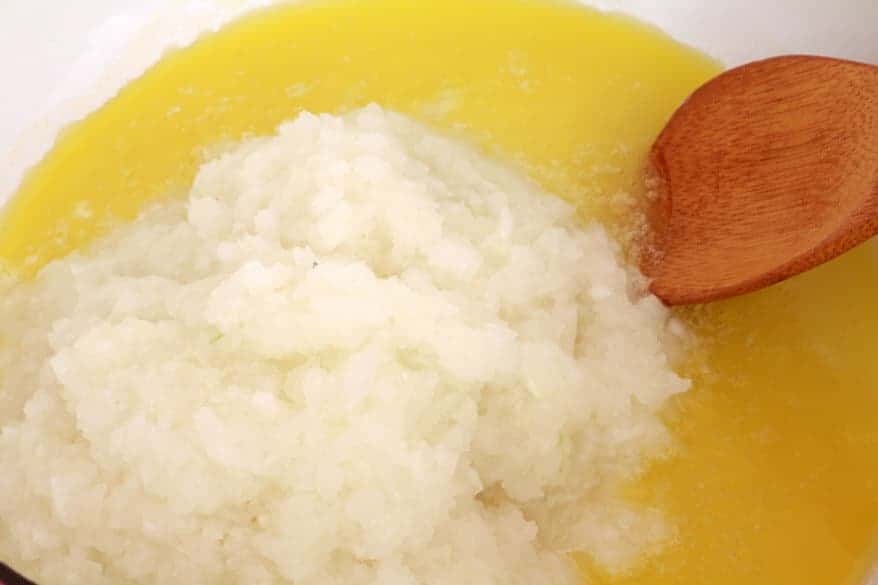
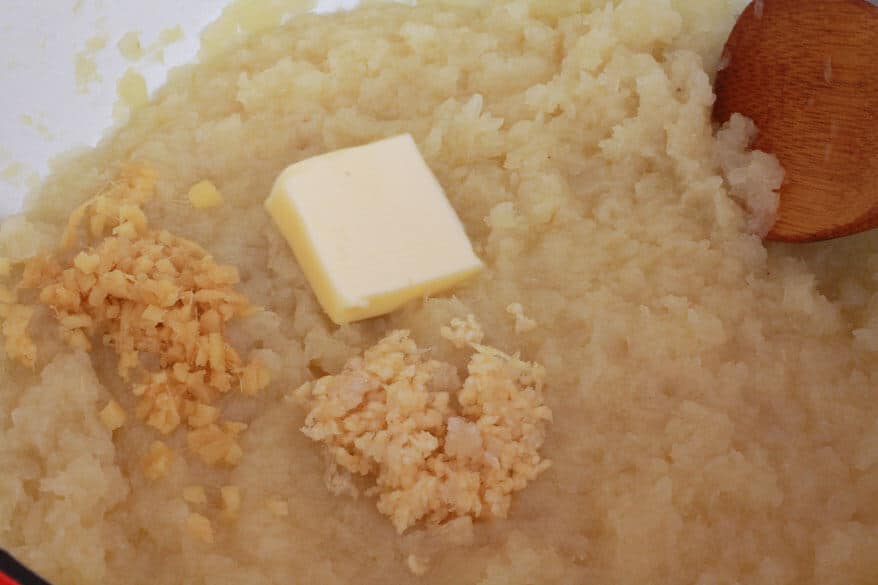
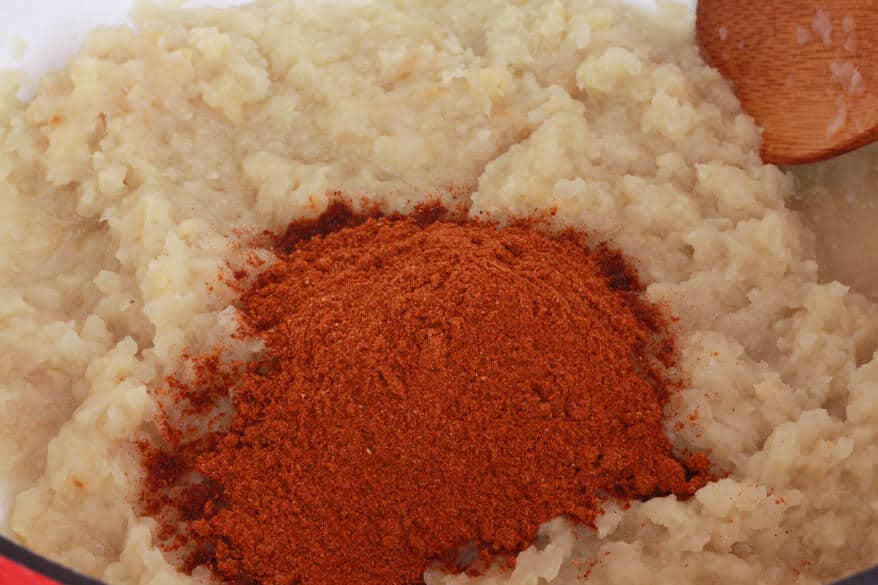
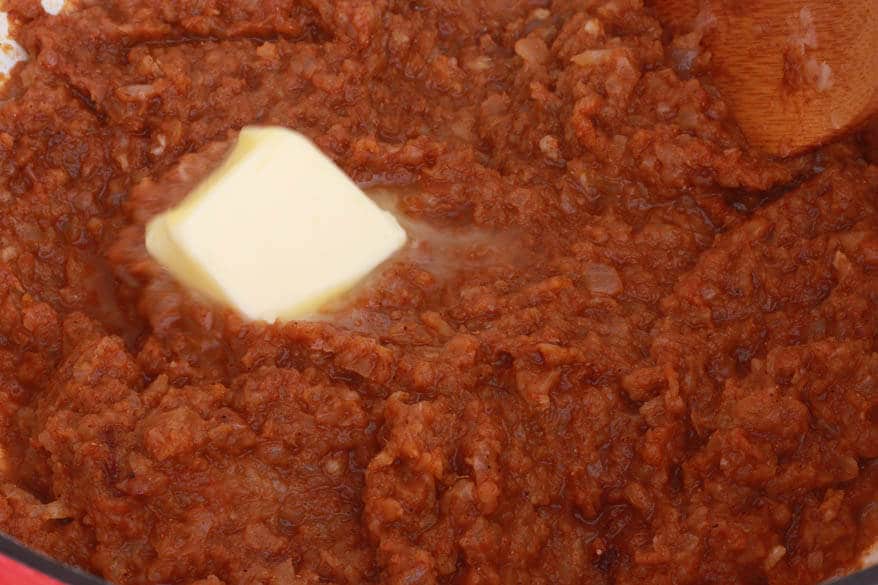
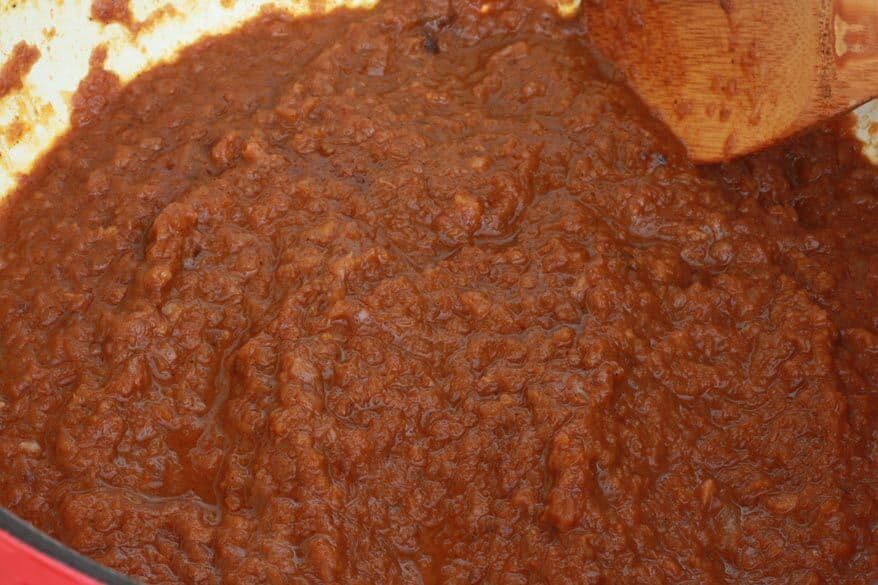
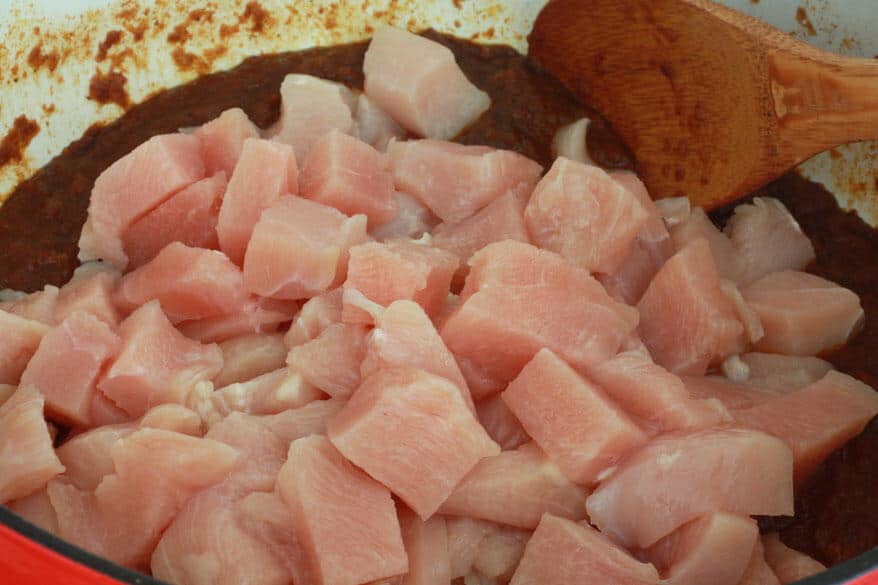
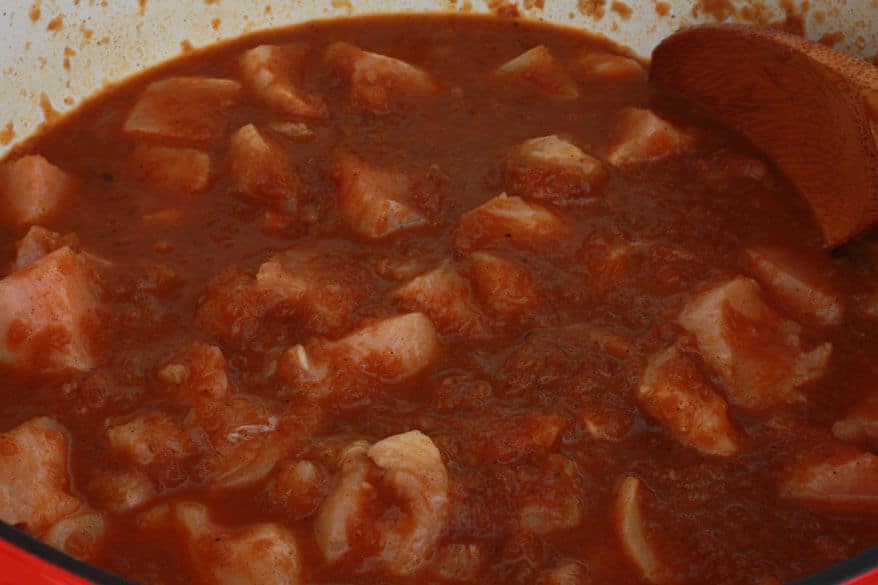
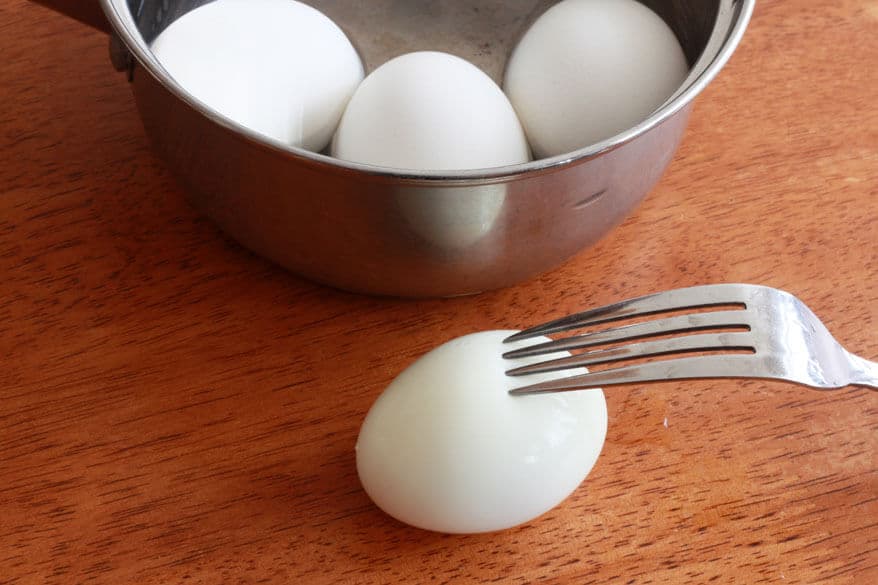
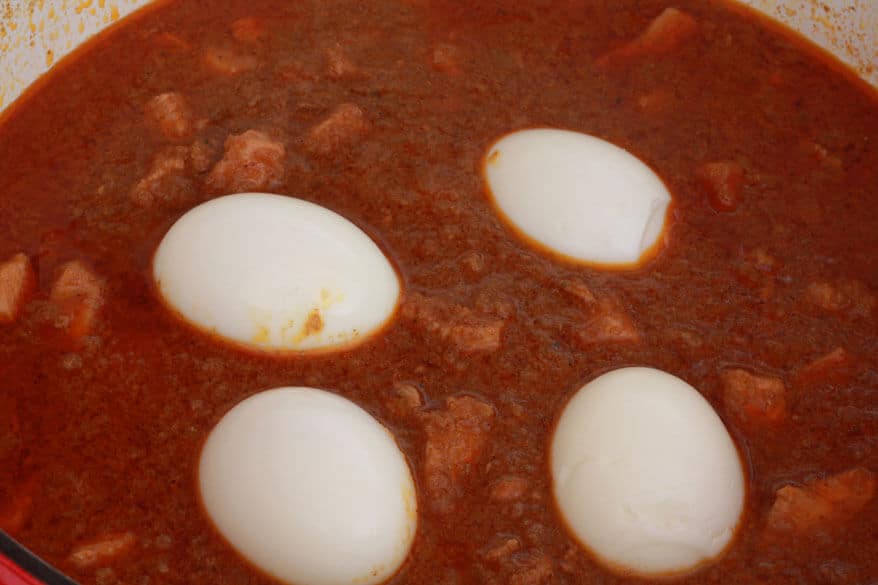

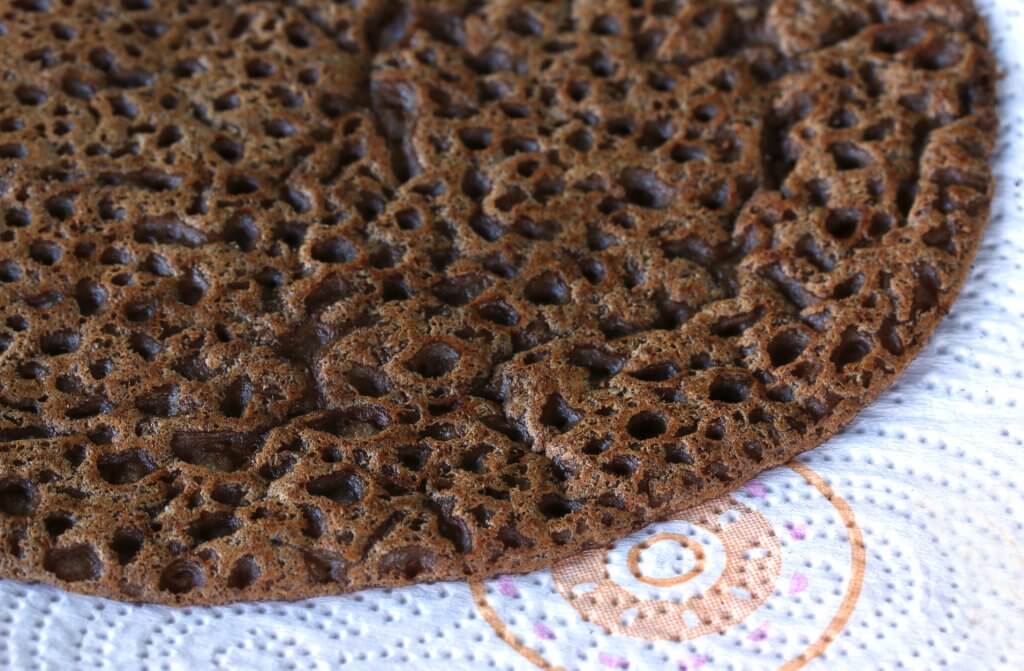
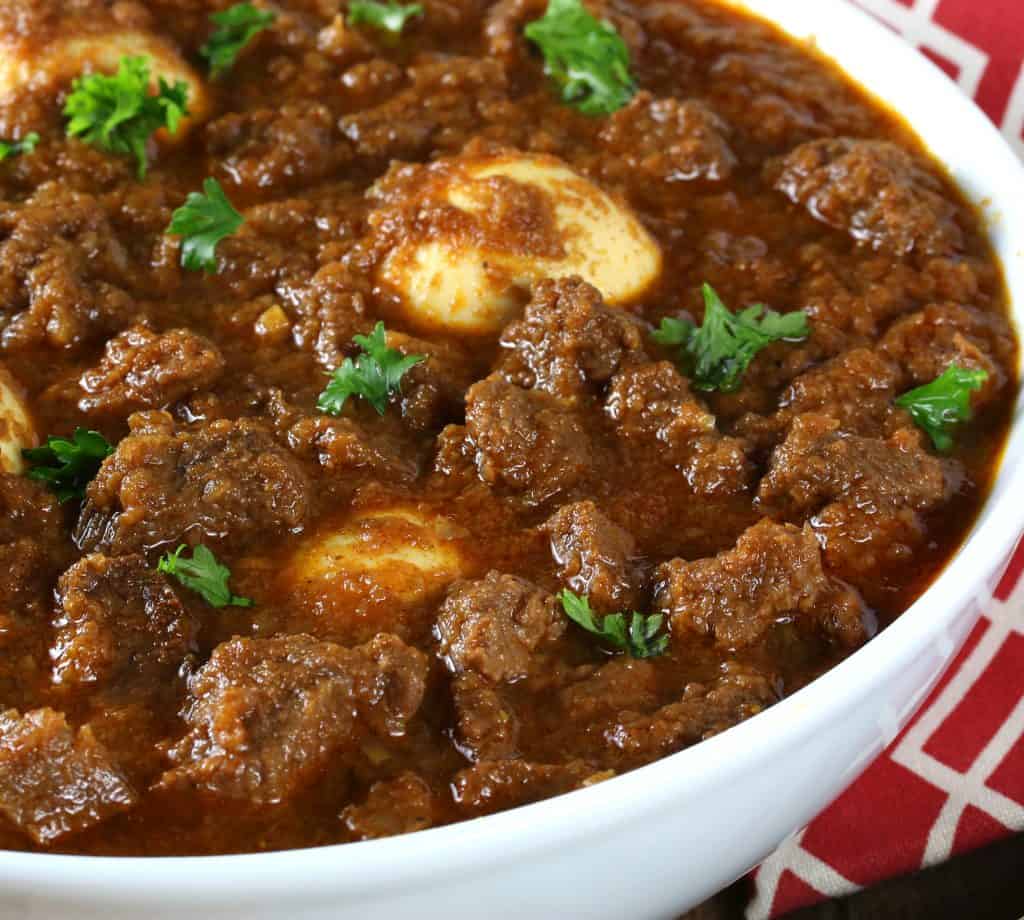
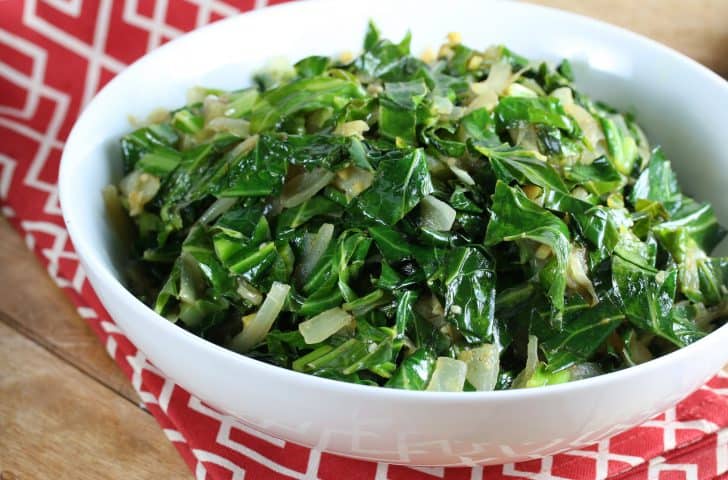


















I have made this recipe many times and appreciate and love it. I had Doro Wat in Ethiopia once, and it was delicious for the first two mouthfuls. It was so hot that I couldn’t taste anything else for two days, and it took my stomach days to settle down. It is an onerous recipe, that is true, but it is so tasty that I think it is worth it. I bought several Berbere mixes over the years, but yours is so easy to make that I am happy to do it. I tried various ways of speeding up the recipe, but I love the slow-cooked mellow onions, and as I am older, I relax and enjoy the process and the smells. I tried the recipe in the New York Times and wrote a scathing review. They changed it and screwed it up. It wasn’t even a stew. Thank you for your effort. The Ethiopian Berbere mix adds spices we don’t have, but the ingredients are well-nigh impossible to get.
Thank you so much for that thoughtful feedback, Dennis, I really appreciate it. And I’m absolutely thrilled that this has become a regular in your home – thank you!
I love this dish, the onion cooking time is long, but the length of time cooking the onions is about drying them out so that they soak up the sauce and thicken it.
A quick hack to skip this step is to buy a pot of dried onions, they work very well
don’t you think 3 hours for a recipe is too much I think the onions and spices can be cooked in 20 min. I don’t think it makes sense for any recipe to be more than an hour long.
Hi Shashwat, some recipes definitely take more time than others, especially stews that are simmered low and slow, and when onions are properly caramelized. I present the traditional cooking time and method for this recipe but you can certainly cut down on the length if you prefer.
Well put
The long slow cook time on the onions shouldn’t be cut short. This caramelises the onions and gives the dish an incredible depth of flavour.
If you want to do it fast reduce the amount of onions as a quick cooked onion has a much different flavour and overpowers the dish.
This is easy to cook. But plan on making it on a rainy or snowy day when you have hours to cook. Seriously. Queue up All the Godfather movies and wait for the onions to caramelize slowly. I love cooking and can make pretty much everything. I love this more than anything I’ve ever made (cept for in-season tomato sandwiches). I’m no food snob. This is a one forkful, fist on the table, dayum dish. If you’re single, you’ll be on your honeymoon before your boo does the dishes.
I plan to make this, but with half the ingredients.
Problem is, niter kibbeh is practically impossible to find in the UK and gathering all the ingredients to only use 1 tablespoon of it is crazy. Do you have any suggestions for a substitute for niter kibbeh?
Hi, you can omit the niter kibbeh (use ghee or a combination of butter and oil instead) and add an additional teaspoon of the berbere seasoning. If you ever do decide the make the niter kibbeh though, it is well worth it because it’s really versatile. Even though you only need a tablespoon of it for the doro wat, you’ll find yourself using it to cook all kinds of food in, whether it’s scrambled eggs or pork chops or adding it to sauteed vegetables, it adds so much flavor!
You should be able to buy niter kibeh (sp?) on amazon. Knocks it oudda the park. I should add I’m not a fan of injera bread. Sour flat bread? No. I live in a place where I can buy it. I didn’t like it